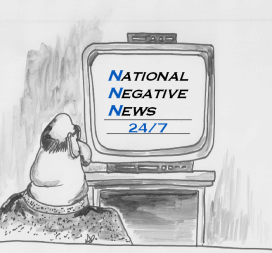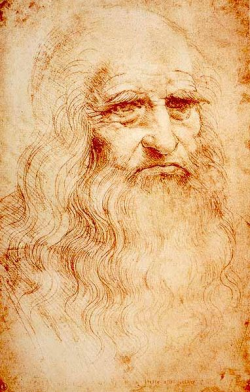 “Don’t watch the news!”
“Don’t watch the news!”
I’ve heard this advice before. It was from mega-successful network marketer Mark Yarnell who authored several good books on that industry. He was saying things like ” Nothing ever happens anyway…”
Years ago I tried his advice myself and I did realize a lot more efficient use of my time. Of course I did get rid of my TV altogether so that had a lot to do with it. The reception in my area was crappy anyway and what with building a new dairy business I was always quite busy with little time to sit in front of a boob tube.
But all that was before 9/11. Today the news seems to be a lot more full of all the gritty stuff folks just love. It gives them stuff to talk about but, in reality, you’d better avoid in order to preserve your positive mindset. I understand that.
But is that the best or the only option? Is all negativity something that we should be trained to avoid at all costs?
I think not.
Not because I like negative news – I don’t – but I realize that sensational news sells and that’s why there’s plenty of it. Anything that get’s the emotions going sells. We all know that. Purchases happen because the buying response is triggered by the emotions and then is immediately backed by logic. That’s marketing 101.
I don’t really care for it myself because it sounds manipulative but… that’s how things are.
We’re human. We must live fully in the world good or bad. It’s not what we see or hear so much as what motivates us to act. If we are making choices based on how it looks we’re probably not going forward as we should.
My advice is to use the gut feel method to “see” if a decision is a good thing or not. It may not always work out to our satisfaction just then but perhaps later on we’ll see that it was for the best.
As for the news? It’s just information composed of letters and numerals which make up sounds and pictures. It’s ok to feel a well reported story emotionally but then engage your ability to detach quickly so that it remains “outside” of you.
(If you have trouble doing that then see this)
You are not the world.
You just live here.

